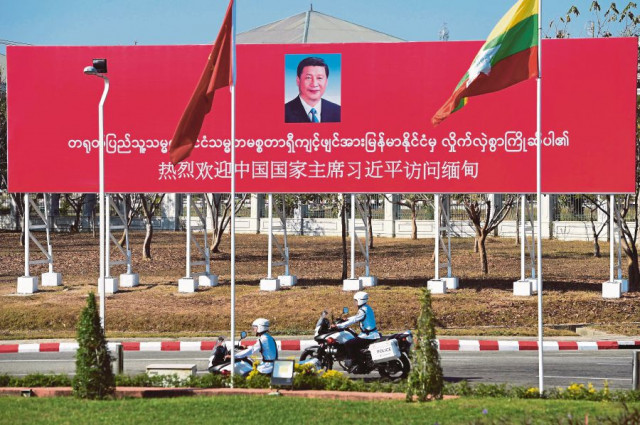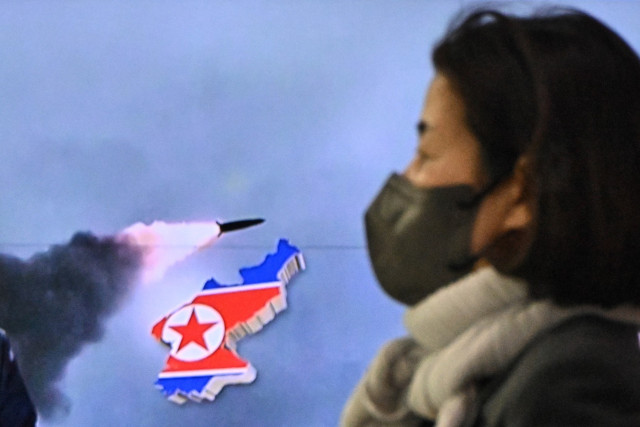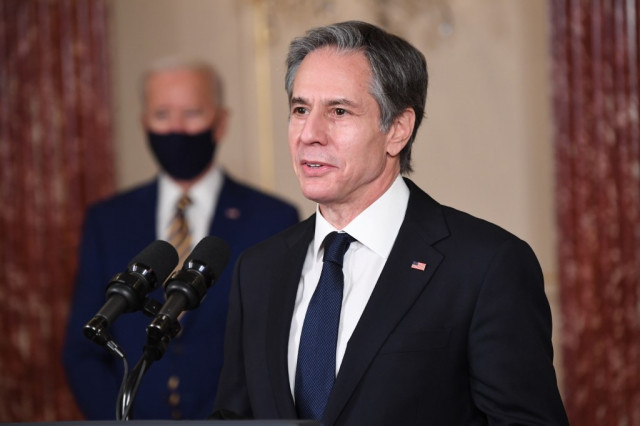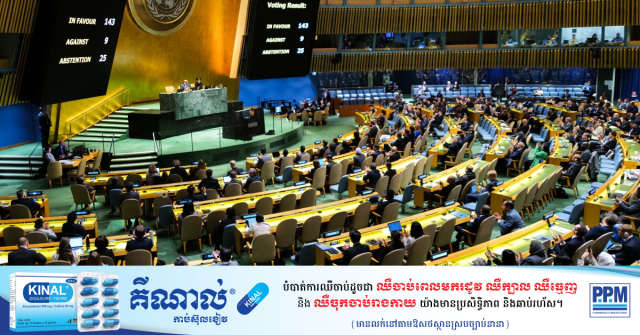Chinese Economic Influence: One Critical Lesson from the Myanmar Military Coup

- Ty Chea
- February 14, 2021 8:57 AM
In 2017, I asserted in my senior [research] project that the cause of democratization in Myanmar has been viewed to be the result of economic mismanagement and the West’s sanctions that had impacted the Myanmar elite as well as the military. But the question remaining has been the length of the transition.
In February 2021, the military finally staged a coup against the civil government following a landslide victory in the Nov. 2020 general election of the National League for Democracy (NLD) led by Aung San Suu Kyi, a democratic icon.
The military coup taking place in Myanmar might not be a surprising move, but one important lesson can be drawn from such a move by the military. There has been, as part of Myanmar’s extensive trade relations with China, an increase of Chinese investment, which is also part of China’s multi-billion-dollar project “Belt and Road Initiative” (BRI). It can be seen that while China was not, of course, behind the recent military coup, China’s growing economic clout in Myanmar has potentially hindered democratization and is one of the factors leading to a decline of Western influence in the country.
In general, the flow of foreign direct investment and trade expansion are good things as they generate growth and alleviate poverty. Similarly, the growth in trade with China and the flow of Chinese investment did help Myanmar grow economically, but it also has created some adverse effect on Myanmar’s democracy.
For example, BRI in particular is more than just an infrastructure project but a strategy through which China can utilize its soft power projection by injecting massive capital in infrastructure development in many countries, eventually spurring growth and ultimately benefiting China economically and politically.
Since China's policy doesn't require participating nations to have high standard in human rights or maintain democratic values, the project appears to be more friendly to many authoritarian regimes as well as countries where democracy and human rights have been assaulted. In Myanmar, in particular, the West’s condemnation of the civilian government as well as the military, which involves the alleged atrocities against the so-called stateless Rohingya people, also pushed the Myanmar government closer to China. This affects, if not undermines, the struggle for democracy in the country.
In terms of trade, the trade volume between China and Myanmar with the amount of $17 billion in 2019 is about three times higher than those of the US and the EU combined. The combined US and the European Union (EU) investments in Myanmar's economy is immensely lower than that of China. Because Myanmar can now rely on its economic ties with China to continue to grow, the military leaders, of course, believe that they can withstand pressures from the US and the EU.
And to Myanmar military leaders, the Western sanctions such as trade restrictions, suspension of some aid programs, visa ban and assets freezing previously imposed on the military group now appear to have been less effective.
This, therefore, can provide more incentives for them to move beyond legal and democratic principles while their political survival is at risk, staging a coup to ensure that their power and influence will be maintained in the country’s politics.
Cambodia’s case is not different
Comparably, Cambodia, where the human rights record is poor while Chinese influence is prevalent, has also experienced similar conditions following the EU’s withdrawal of its trade preferential system “Everything But Arms” in 2020 due to concern over human rights issues.
Despite the fact that it has been half a year since the country has lost its trade benefits, it doesn't seem to have created much trouble for the Cambodian government. Even though Cambodia might lose $676 million due to the withdrawal, this could be compensated with the increasing amount of Chinese investment over the past years. For example, Chinese investment grew from $3.6 billion in 2016 to $7 billion in 2018. And The report from the World Bank in December 2020 estimated that Cambodia's growth expected to decrease only by 2 percent in 2020 is projected to rebound and grow by 4 percent in 2021. Thanks to the Cambodia-China Free Trade Agreement signed last October [2020] and the multilateral trade pact Regional Comprehensive Economic Partnership (RCEP), which foster foreign direct-investment inflows in non-garment-industry-related projects and the agricultural sector.
Even though, this has created positive economic consequences, it also comes at a price. The larger the economic ties Cambodia has forged with China, the lesser influence the West is able to retain.
Consequently, it leads to the successful expansion of the ruling Cambodian People’s Party’s power while the democratic space in the country has been continuing to shrink—a political trend that is really hard to reverse. It also can be a hindrance to any opportunity for the opposition groups to return to the political stage and compete in a democratic manner.
Ty Chea is a graduate student with Bachelor of Art in International Relations at Pannasastra University of Cambodia. He also was an exchange student under the Erasmus Mundus Scholarship Program.

















